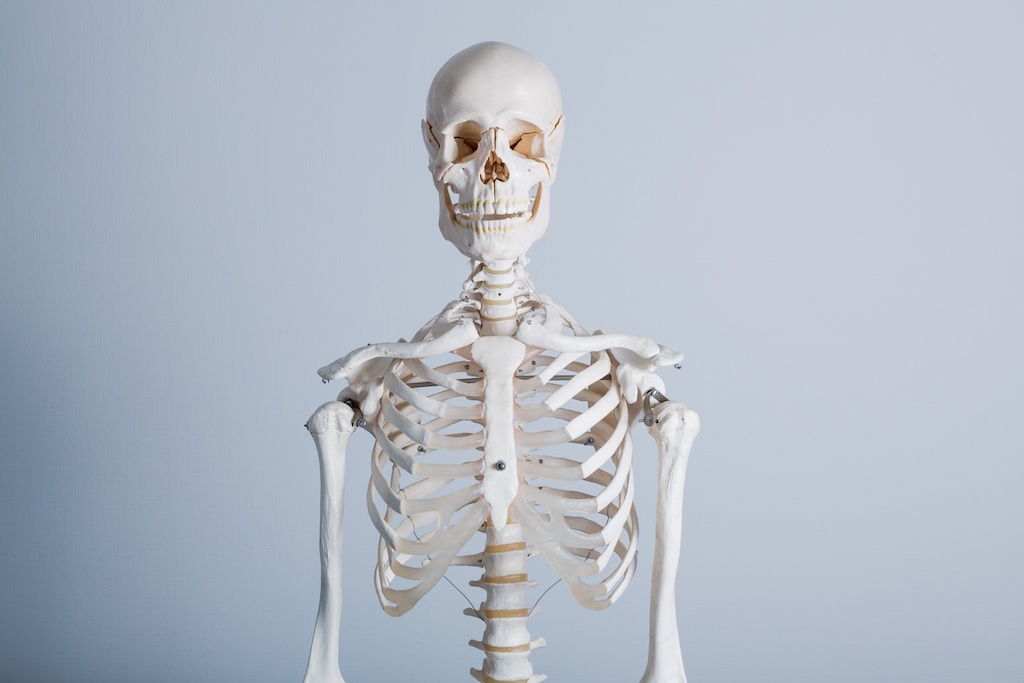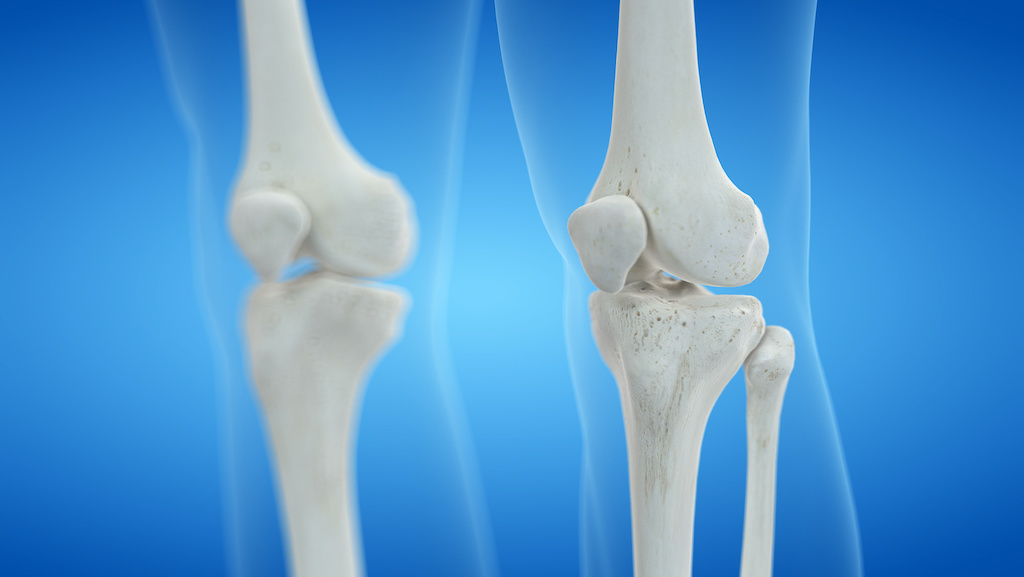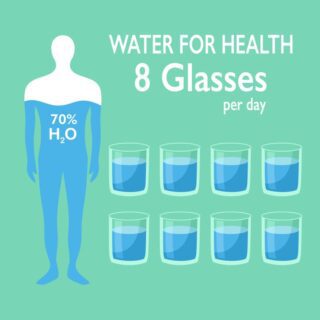The Role of Vitamin D in Bone Health and Beyond

Introduction
Vitamin D is often referred to as the “sunshine vitamin” because our bodies produce it when exposed to sunlight. However, many people don’t get enough of this essential nutrient, which plays a vital role in bone health, immune function, and overall well-being. In this article, we’ll explore the importance of vitamin D, how it affects the body, and the best ways to ensure you’re getting enough.
Why Vitamin D is Important
Supports Bone Health:
- Vitamin D is critical for calcium absorption, which helps build and maintain strong bones. Without sufficient vitamin D, bones can become brittle, leading to conditions like osteoporosis or rickets.
Boosts Immune Function:
- Vitamin D enhances the pathogen-fighting effects of immune cells, including T-cells and macrophages. A deficiency in vitamin D can weaken your immune system and increase the risk of infections.
Regulates Mood and Mental Health:
- There’s a growing body of research linking vitamin D to mood regulation. Low levels of vitamin D are associated with an increased risk of depression, anxiety, and seasonal affective disorder (SAD).

Signs of Vitamin D Deficiency
Bone Pain and Muscle Weakness:
- A lack of vitamin D can cause bone pain, muscle weakness, and even increase the risk of fractures, especially in older adults.
Frequent Illness:
- Vitamin D deficiency may make you more susceptible to infections like colds and the flu, as it plays a crucial role in immune defense.
Fatigue and Tiredness:
- Low levels of vitamin D can lead to unexplained fatigue and low energy levels, even if you’re getting enough sleep.
How to Get Enough Vitamin D
Sunlight Exposure:
- Spending 10-30 minutes in the sun several times a week can help your body produce enough vitamin D. However, factors like skin color, geographic location, and sunscreen use can affect how much vitamin D you get from sunlight.
Vitamin D-Rich Foods:
- Include foods high in vitamin D, such as fatty fish (salmon, mackerel, sardines), egg yolks, and fortified foods like milk, orange juice, and cereals.
Supplements:
- If you have limited sun exposure or difficulty getting enough vitamin D through your diet, consider taking a vitamin D supplement. It’s important to talk to your doctor before starting any supplementation, as too much vitamin D can be harmful.
Monitor Your Levels:
- A simple blood test can determine your vitamin D levels. If you’re deficient, your healthcare provider can recommend the appropriate dosage of vitamin D supplements.
Conclusion
Vitamin D is essential for bone health, immune function, and mental well-being. Ensuring you get enough sunlight, incorporating vitamin D-rich foods into your diet, and considering supplements if necessary can help you maintain optimal health.
Summary:
- Vitamin D supports bone health by aiding calcium absorption and boosts immune function by enhancing immune cell activity.
- Deficiency in vitamin D can lead to bone pain, muscle weakness, frequent illness, and mood disorders like depression.
- Get enough vitamin D through sunlight exposure, vitamin D-rich foods, or supplements if needed.

This article reviewed by Dr. Jim Liu, MD and Ms. Deb Dooley, APRN.
There’s nothing more important than our good health – that’s our principal capital asset.
#medical #telehealth #umedoc










